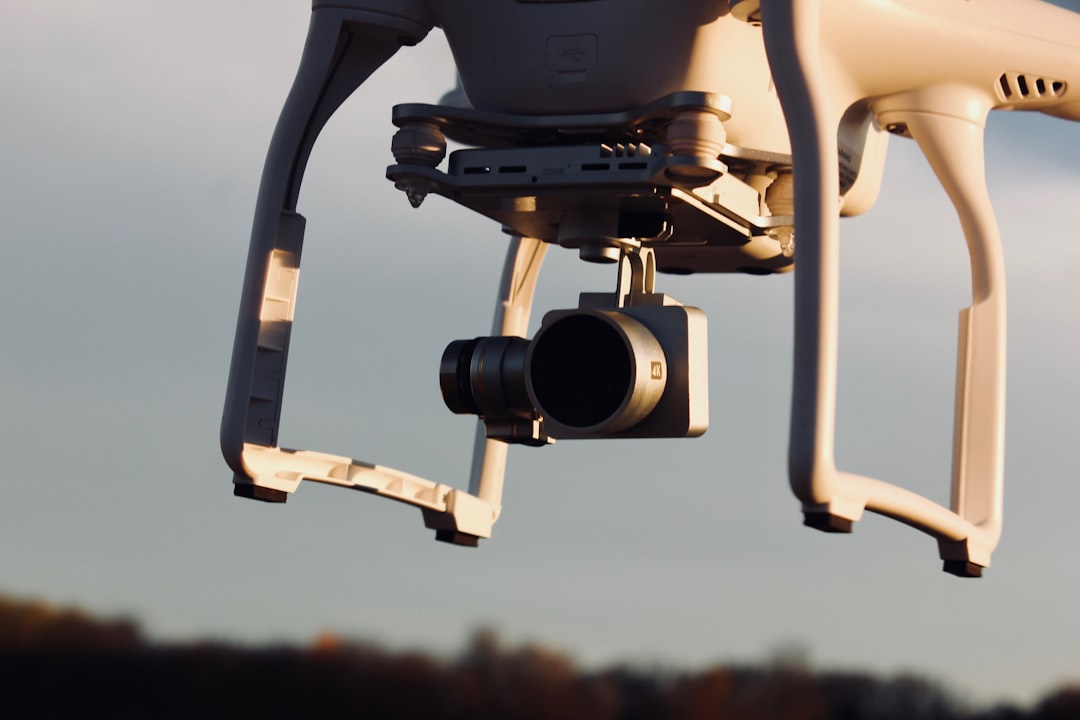Emerging technologies can be crucial in both funding nonprofits and executing projects. It aids them in improving the efficiency of their operations, raises the mission impact, and enhances their competitiveness. However, although nonprofit leaders and their staff want to adopt technology, the dark side is that few of them manage to integrate it successfully into their strategy. This affects their performance and in the end, damages their fundraising potential. Regardless of these challenges, the potential of technology in nonprofit is great. Unlike for-profit organizations that depend on technology strategically to increase their profit margin, raise their market share and increase shareholder value, the nonprofit's mission uses it to create public value.
Multiple opportunities
Augmented Reality (AR) and Virtual Reality (VR) have proven to be some of the leading technologies that organizations depend on. For nonprofits, AR and VR are useful in training staff and responders for different missions. They are used to train responders on how they should approach disaster areas that are dangerous. Without putting them in danger in real environments, VR gives volunteers experience that would otherwise be difficult to gain in a real work environment without getting hurt. This can help organizations to prepare themselves by developing plans on how to approach a disaster zone and in the process, save lives. AR allows workers to see possible problems by giving them critical information on disaster areas in real-time.
Drones are now advancing in their capabilities, and they are proving to be crucial in saving lives during disasters. In areas that are affected by disasters such as earthquakes, landslides and volcanic eruptions that can leave people trapped in buildings, drones can be used for surveillance and transport of medicine, food supplies and water. Drones can reach places that are inaccessible to humans and give real-time images that can be used in making critical decisions.
Drones aside, artificial intelligence is also making way into nonprofits. These technologies are useful in predicting the needs of different classes of people. As various devices continue being invented, the amount of data generated can be crucial if analyzed correctly and used to make decisions. With big data analytics, nonprofits can leverage data to optimize donations and find worthy causes to support. On the other hand, AI and machine learning are also helpful in predicting trends and directing their efforts there to increase donations. By analyzing data, nonprofits can identify vulnerable citizens affected by disaster and mobilize resources to suit their needs.
As other industries continue benefiting from technology, nonprofits are equally venturing into it to improve their relief provision. Failure to adopt new methods as a priority may adversely impact a nonprofit organization. Companies such as Microsoft have shown intention of expanding technology that supports disaster relief by donating millions of dollars to come up with platforms that not only help nonprofits in their missions but also aid in completion of different causes. Moving forward, technology is fast becoming one of the key defining features of nonprofits that will alter the landscape for the better.











